Embark on a cinematic journey through the lives of remarkable Germans with this curated selection of biopic films. These films not only provide a window into the historical and cultural tapestry of Germany but also celebrate the achievements, struggles, and legacies of individuals who have shaped the nation's history. Whether you're a history buff, a film enthusiast, or simply looking for inspiration, these biopics offer a rich narrative experience that transcends time and borders.

The Pianist (2002)
Description: Although the protagonist is Polish, the film's setting in Nazi-occupied Warsaw provides a poignant backdrop to the life of Władysław Szpilman, a Jewish pianist, highlighting the resilience of the human spirit.
Fact: The film was directed by Roman Polanski, who himself survived the Holocaust.
 Watch Now
Watch Now

Good Bye, Lenin! (2003)
Description: While not a traditional biopic, this film captures the essence of the German reunification through the personal story of a family dealing with the sudden changes after the fall of the Berlin Wall.
Fact: The film uses a mix of real archival footage and recreated scenes to blend fiction with historical reality seamlessly.
 Watch Now
Watch Now
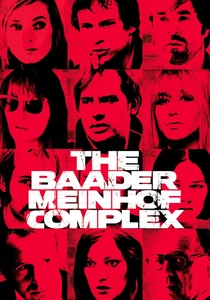
The Baader Meinhof Complex (2008)
Description: This film chronicles the rise and fall of the Red Army Faction, a radical left-wing militant group in West Germany. It's a gripping tale of political activism, terrorism, and the turbulent 1970s.
Fact: The film was shot on location in Germany, providing an authentic backdrop to the events depicted.
 Watch Now
Watch Now

The Reader (2008)
Description: This film explores the life of Hanna Schmitz, a former Nazi guard, and her relationship with a young man, delving into themes of guilt, responsibility, and the aftermath of the Holocaust.
Fact: Kate Winslet won an Academy Award for Best Actress for her role as Hanna Schmitz.
 Watch Now
Watch Now
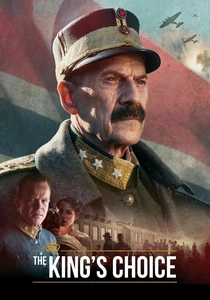
The King's Choice (2016)
Description: While not directly about Germany, this film portrays the Norwegian King's resistance against the Nazi invasion, offering insights into the broader European context of WWII.
Fact: The film was Norway's submission for the Academy Award for Best Foreign Language Film in
 Watch Now
Watch Now
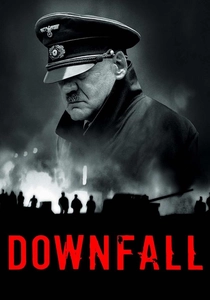
Downfall (2004)
Description: This film delves into the final days of Adolf Hitler in his Berlin bunker, offering a chilling insight into the collapse of the Third Reich. It's a must-watch for understanding the psychological and political dynamics at play during the end of WWII.
Fact: The film was shot in the actual bunker where Hitler spent his last days. It also sparked controversy for its portrayal of Hitler as a human being, rather than just a historical monster.
 30 Days Free
30 Days Free
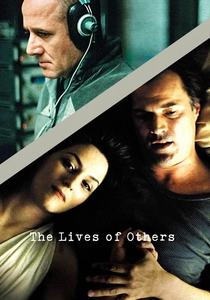
The Lives of Others (2006)
Description: Set in East Germany, this film explores the life of a Stasi officer who becomes increasingly sympathetic to the people he is surveilling, offering a nuanced look at surveillance and personal transformation.
Fact: The film won the Academy Award for Best Foreign Language Film in 2007, highlighting its global impact and recognition.
 30 Days Free
30 Days Free
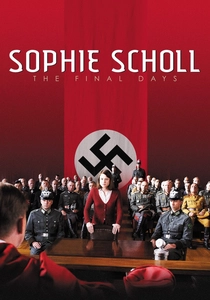
Sophie Scholl: The Final Days (2005)
Description: This poignant biopic recounts the story of Sophie Scholl, a member of the White Rose resistance group, who bravely opposed the Nazi regime. Her courage and sacrifice are brought to life with compelling performances.
Fact: The film uses actual transcripts from Scholl's interrogations, providing an authentic portrayal of her final days.
 30 Days Free
30 Days Free
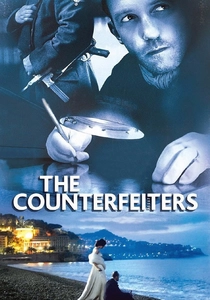
The Counterfeiters (2007)
Description: Based on the true story of Operation Bernhard, this film follows a group of Jewish prisoners forced to produce counterfeit money for the Nazis, showcasing their moral dilemmas and survival strategies.
Fact: The film won the Academy Award for Best Foreign Language Film in
 30 Days Free
30 Days Free

The Miracle of Bern (2003)
Description: This film captures the spirit of post-war Germany through the lens of the 1954 World Cup victory, intertwining the national euphoria with a family's personal struggles.
Fact: The film features real footage from the 1954 World Cup final, adding authenticity to the narrative.
 30 Days Free
30 Days Free









